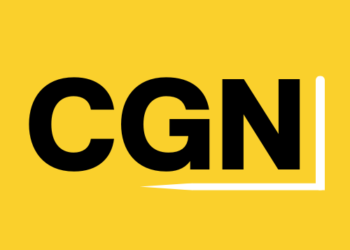Sachin Bansal’s Strategic Shift: Selling Ola Stake to Propel Navi’s Growth
Sachin Bansal, the co-founder of Flipkart, is making headlines with his decision to sell his $100 million stake in Ola. This strategic move is aimed at fueling the expansion of his fintech venture, Navi. As Bansal navigates the complex landscape of the Indian startup ecosystem, his actions reflect a calculated effort to capitalize on emerging opportunities and challenges.
Sachin Bansal’s Stake Sale in Ola
In 2019, Bansal made a bold investment in Ola, a ride-hailing company that promised significant growth potential. However, recent developments suggest he is now in talks with private investors and family offices to offload his stake. The timing of this decision is particularly intriguing, as Ola is gearing up for an initial public offering (IPO). While Ola’s valuation has faced headwinds due to pandemic-related disruptions and strategic restructuring, it remains a formidable player in the market with an estimated worth of $4 billion.
Navi’s Ambitious Expansion Plans
With the proceeds from the Ola stake sale, Bansal aims to bolster Navi’s financial position and drive its growth trajectory. Navi, a fintech startup, has encountered regulatory hurdles, including temporary lending restrictions imposed by the Reserve Bank of India. Despite these challenges, Bansal remains optimistic about Navi’s prospects. The company is actively seeking external funding and exploring various fundraising opportunities to support its expansion plans. Navi’s reported valuation target of $2 billion underscores its ambition to become a key player in India’s fintech landscape.
Challenges and Opportunities for Navi
Navigating the regulatory landscape is a significant challenge for Navi. However, the potential rewards are substantial, given India’s burgeoning fintech market. Bansal’s strategic vision and experience in the startup ecosystem position Navi to capitalize on these opportunities. The company’s focus on innovation and customer-centric solutions aligns with the evolving needs of the Indian consumer. As Navi continues to expand its offerings, it aims to establish itself as a trusted and reliable financial services provider.
The Road Ahead for Navi and Ola
As Sachin Bansal divests his stake in Ola to focus on Navi, both companies stand at critical junctures in their respective journeys. For Navi, the infusion of capital from the stake sale presents an opportunity to accelerate its growth and solidify its position in the fintech sector. Meanwhile, Ola’s IPO plans signal a new chapter in its evolution, with potential implications for its valuation and market standing.
In conclusion, Bansal’s strategic decision to sell his Ola stake and invest in Navi underscores the dynamic nature of the Indian startup ecosystem. As both companies navigate their paths forward, the outcomes of these strategic moves will undoubtedly shape their futures and influence the broader market landscape. For entrepreneurs, startup enthusiasts, and business professionals, these developments offer valuable insights into the challenges and opportunities inherent in the world of startups.


















